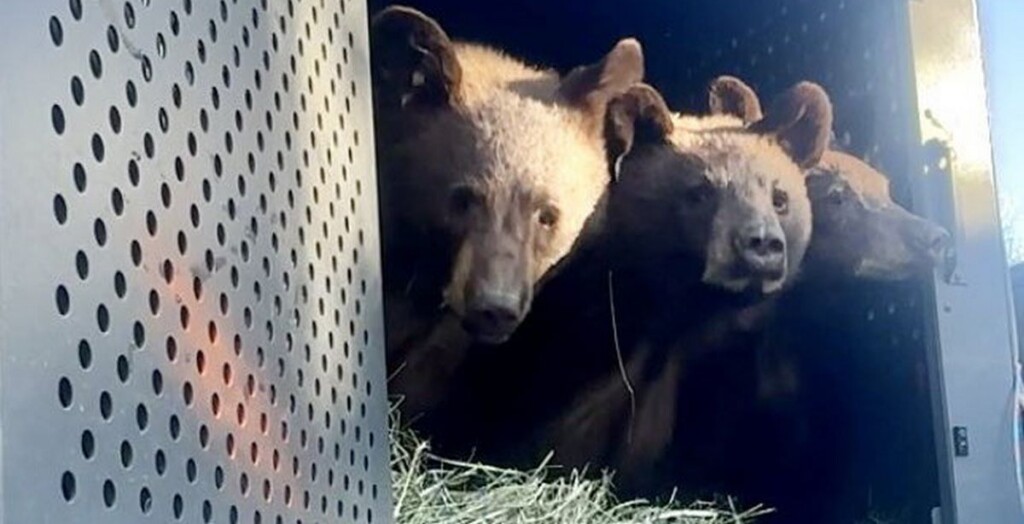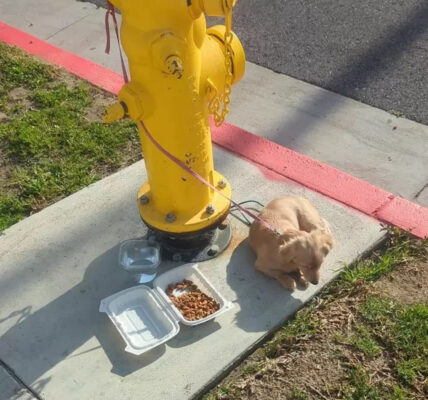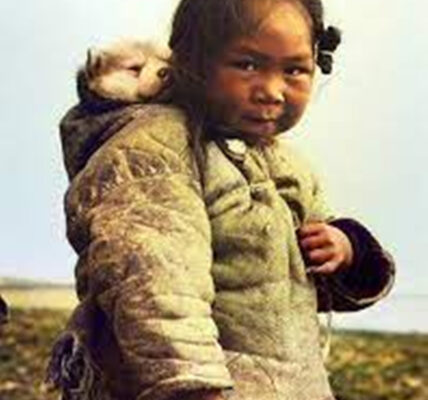Footage released by the Colorado Parks and Wildlife Department (CPW) captures a truly heartwarming moment: five orphaned bear cubs bounding back into the wild, free once more after a summer of care and rehabilitation. These young black bears, too small and vulnerable to survive alone, spent the summer under careful supervision at the Frisco Creek rehabilitation center, slowly growing stronger, learning to fend for themselves, and preparing to return to the life nature intended for them.

The story of these cubs begins in tragedy, as is often the case for orphaned wildlife. Three of the bears were found after their mother had to be euthanized—she had entered a human home, posing a danger to both herself and the residents. Black bears, unlike their brown or grizzly counterparts, are more likely to associate humans with food, creating situations that can endanger both parties. The remaining two cubs were found separately, each alone and defenseless, making them vulnerable to starvation, predation, and the harsh realities of the wild.
Once brought to Frisco Creek, the cubs entered a carefully controlled environment designed to give them the best chance of survival while ensuring they retained the instincts necessary to thrive once released. Staff strictly enforced a “no talking” rule near the pens and ensured that the bears never saw a human hand feeding them. These measures are critical: the cubs must learn to forage, hunt, and navigate their environment on their own, without reliance on humans.

Throughout the summer, the cubs were monitored closely, gaining weight, developing strength, and engaging in social behaviors with their siblings. This period was crucial not only for their physical growth but for their psychological preparation to return to the wild. Each play session, each interaction with their peers, and each cautious exploration of their enclosures helped prepare them for the challenges they would soon face outside the protective walls of the center.
Finally, on November 20th, the long-awaited day arrived. The five cubs were released in the wild near Pagosa Springs, Colorado. They darted into the trees and brush with an exuberance only freedom can bring, their instincts guiding them as naturally as breathing. For CPW staff, volunteers, and wildlife enthusiasts, it was a moment of pure joy and relief—a reward for months of dedication, patience, and hard work.
This release is part of a broader effort this year. Of the 25 cubs rehabilitated at Frisco Creek, eight have already been released, with others planned for future release once they reach the optimal weight of over 80 pounds. This threshold ensures the young bears have enough reserves to survive the cold winter months and the challenges of early spring, giving them a strong start in the wild. Cubs who are not yet ready will continue to be cared for at Frisco Creek, eating and gaining strength before being placed into artificial dens for release in the coming months.

A spokesperson for the Colorado Parks and Wildlife Department praised the dedication of the Frisco Creek team, highlighting the tireless efforts of Sirochman and his family in ensuring the cubs’ safety and well-being. “Every year is different. We’ve had as few as four and as many as 40 cubs at the facility in one summer. The joy is felt by all when they return to the wild,” the spokesperson said.
The story of these five cubs is a reminder of the delicate balance between humans and wildlife. It is a testament to the compassion, expertise, and effort required to give orphaned animals a second chance. For the bears themselves, this summer of care was a bridge between vulnerability and independence, and for those who watched them grow, it was a powerful affirmation that with patience, dedication, and respect for nature, even the smallest lives can be given a chance to thrive.




